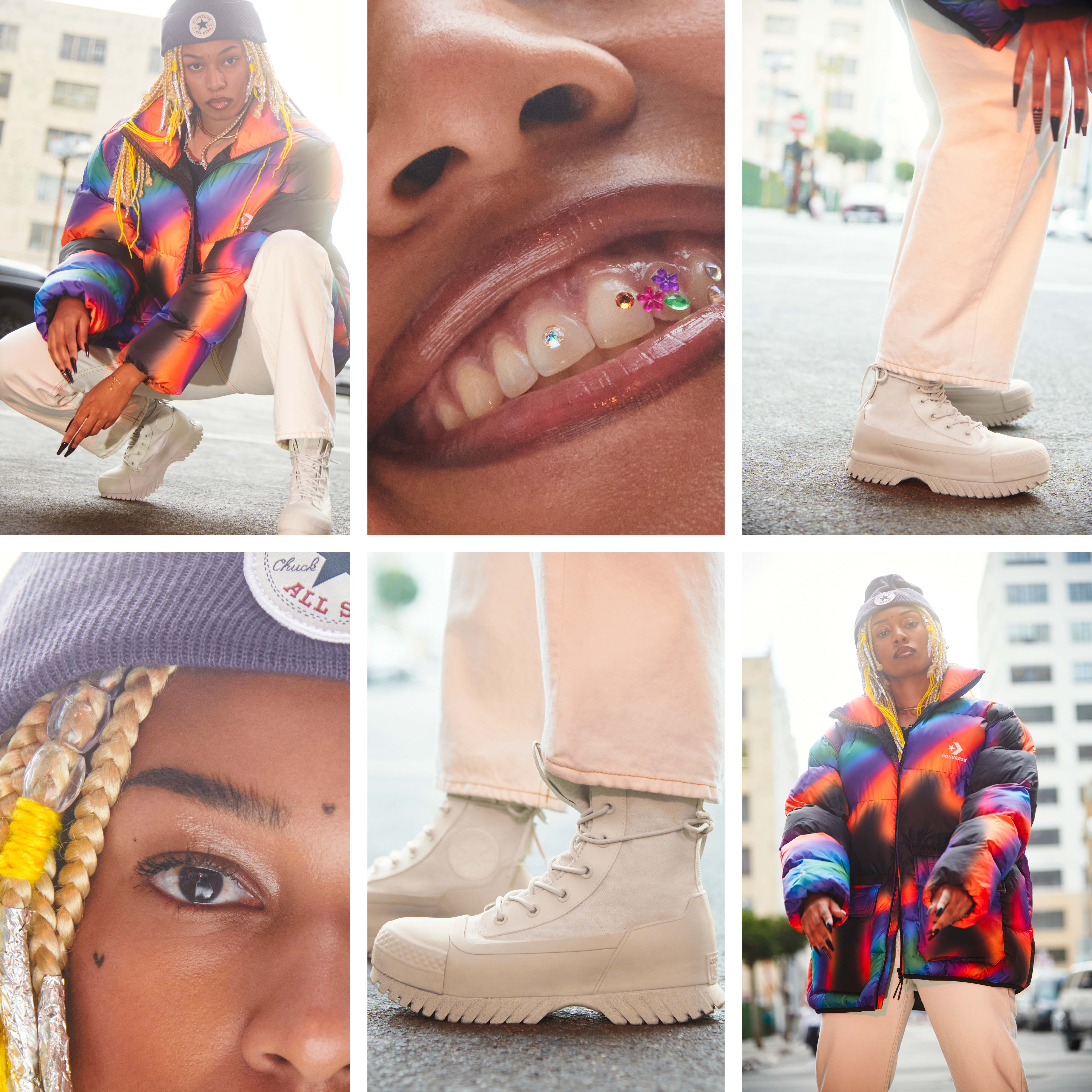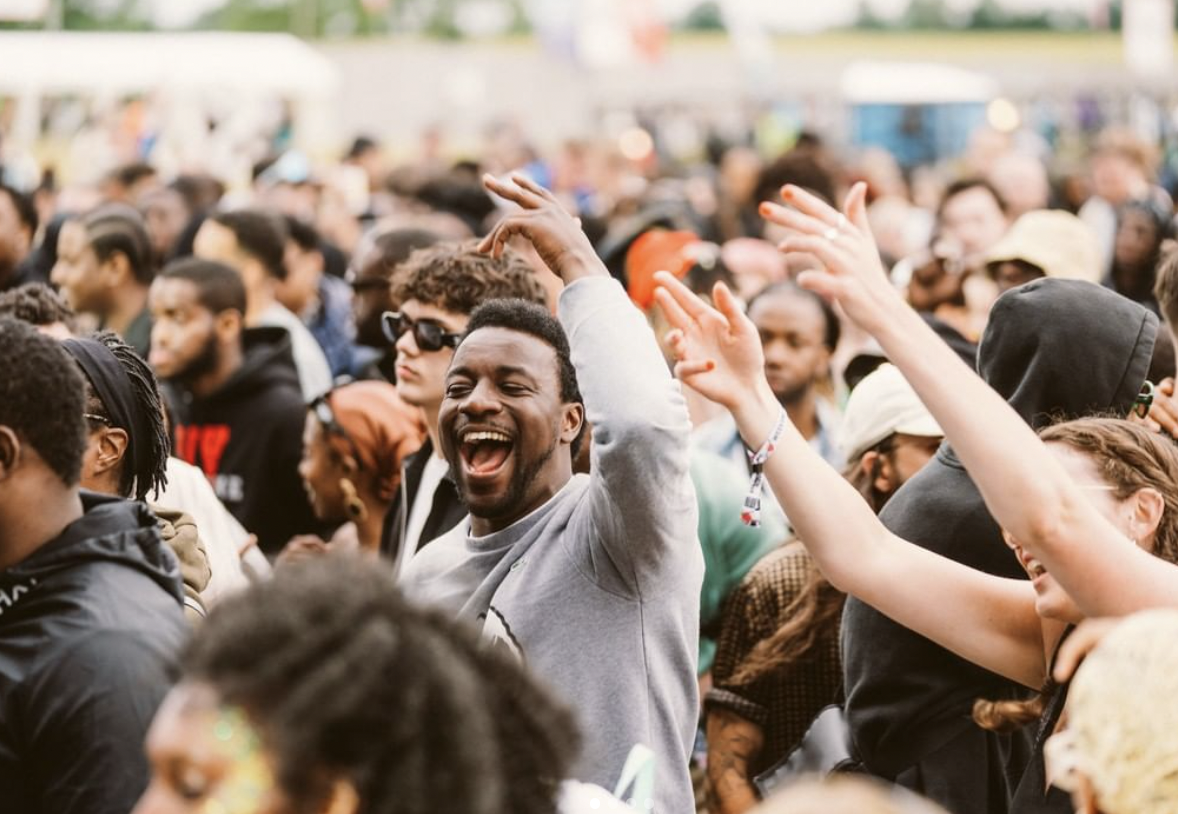[@KennyAllstar]’s Top 10 Tastemaking Tips
![[@KennyAllstar]’s Top 10 Tastemaking Tips](https://guap.co/wp-content/uploads/2022/07/IMG_8263-1.jpeg)
WORDS + INTERVIEW BY BEN TIBBITS
There are countless faces to the modern tastemaker. In a time where the consumption of music is often, worryingly, personified as fast food, being able to stimulate the salivating audiences swiftly and continuously is the key ingredient for any wannabe curator. The age of the album, and the four-minute song, is weaning, with the antithesis of artistic expression, social media, drinking up musical validity and authenticity and spitting out derivative frivolity. Tastemakers, above all, need to quintessentially understand what is relevant, with the reliance on radio and the written form slowly dissolving into an archaic breeding ground for internet memes and trends. They need to know what sells, where to sell it, and how to make it look different to what everyone else is selling.
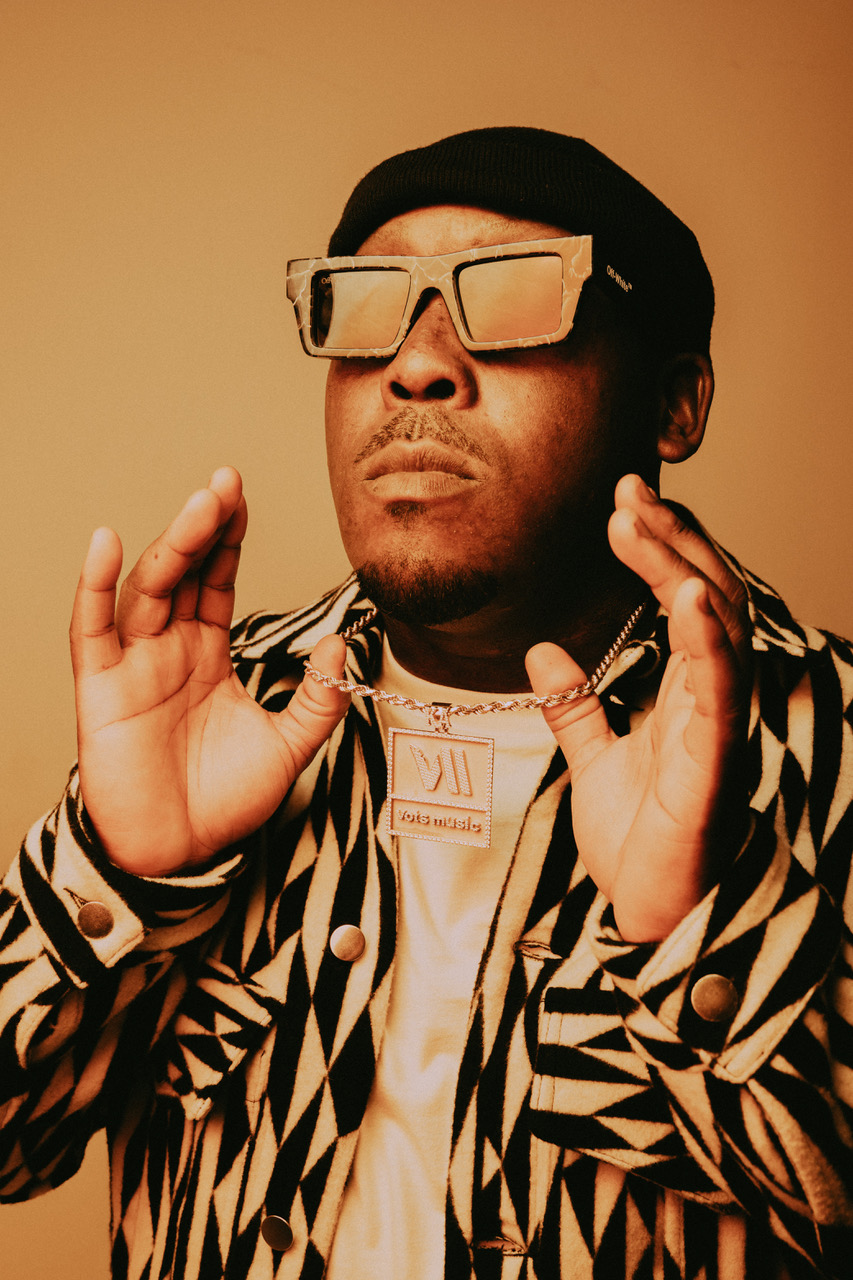
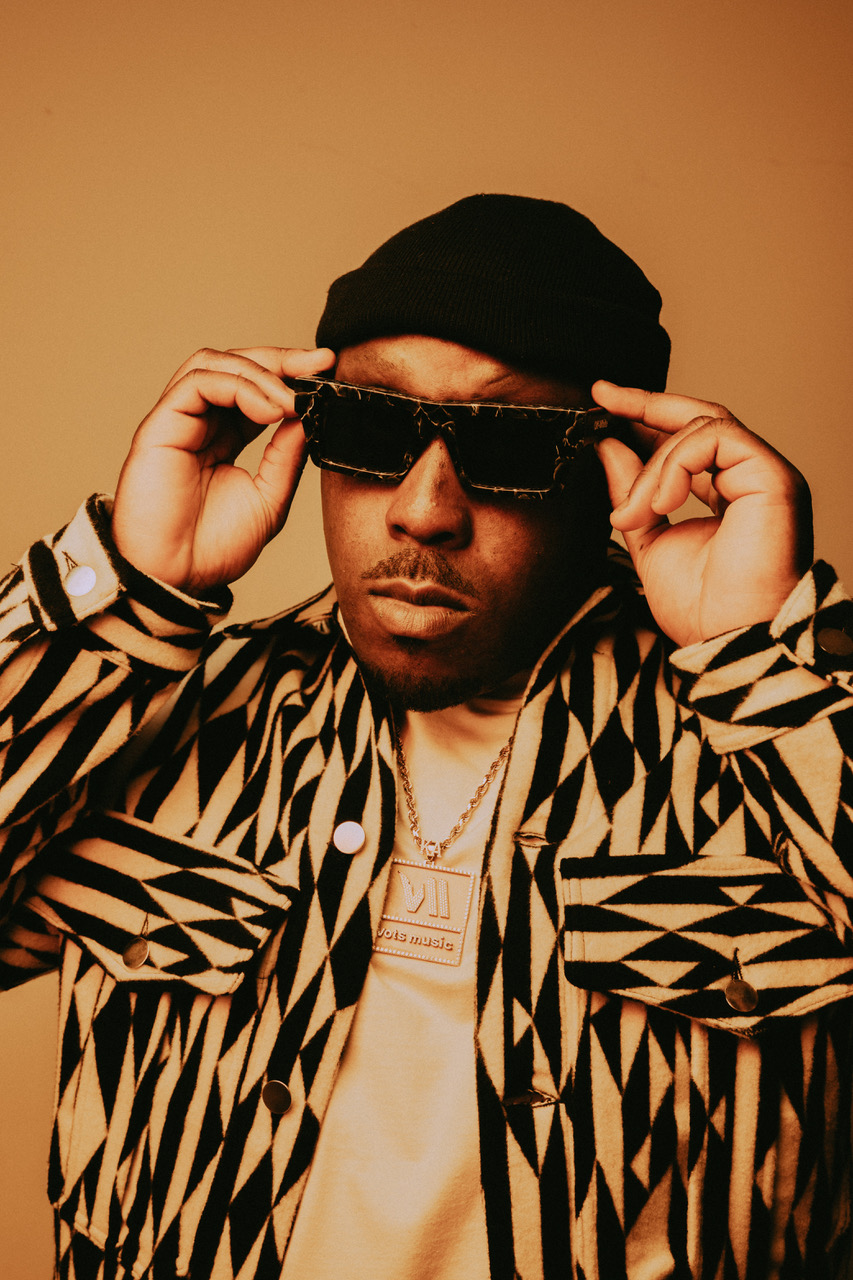
Kenny Allstar is the epitome of a modern tastemaker. From humble beginnings to a world-renowned Rap connoisseur, Allstar is a social media personality, a nuanced creative, an emphatic host, an expressive narrator and, above all, a lovely geezer. An essential clog in the UK Rap scene’s well-oiled machine, Kenny has discovered, refined and skyrocketed scores of the biggest rappers in the country, with the fundamental desire to help others flowing through his every calculated decision.
To a younger generation of Rap fans, Allstar will be best known for his hosting and curating abilities on his Mixtape Madness series Mad About Bars. The show has risen continuously since its origins, rooted in its image and ethos, accumulating millions of views per episode. You’d struggle to find a relevant and popular UK Drill rapper who hasn’t made an appearance. The show is just one of the strings to Kenny’s bow, with other freestyle platforms like Voice of the Streets and The Generals Corner also breathing oxygen into the music climate, as well as his countless DJ sets, cultural initiatives and media appearances. Kenny Allstar is the iconic foundation upon which UK Rap flourishes.
Taking time out from shutting down festival main stages and discovering the next generation of UK talent, Kenny shares with us his guide to tastemaking, explaining the ins and outs of curation, discussing how he gained his seat at the industry’s round table, and emphasising the importance of nurturing artists.
- SET THE TREND, DON’T FOLLOW IT
How did first you get into tastemaking?
I think from a very young age, I understood the importance of creating playlists and knowing that they were always going to be the future. When we had the transition to the boom of Spotify and Apple and DSP’s, I noticed that people were less drawn to set programming and more into the Netflix side of things and that model was always going to take precedence in music. I figured that if that was the future, people were going to want their content consumed in a format of a playlist. A lot of our freestyle platforms started from me wanting to hear the artists that I personally wanted to hear. It became a subject that everybody else enjoyed. Then I built different platforms for certain types of artists. If you hear a Voice of the Streets, it might be more pain rap / real rap whereas Mad About Bars is predominantly artists on the brink of breaking through that are more Drill based. Every platform serves its purpose. The Generals Corner was built to merge high fashion with street culture. That’s all curation. Every platform serves a different purpose, delivering different products; same brand but a different audience.
- BE MULTIFACETED AND HAVE FINGERS IN A LOT OF PIES
How did you first become established within it?
A lot of people will have joined me on different parts of my journey. From 2005 to 2011, you might have known me from when I used to film hood videos in my area. You would have had to be from South / South East London somewhere. Some may remember me from when I used to write for Mixtape Madness. I was there writing reviews for about two years between 2010-2012. There’ll be some people that remember me from hosting mixtapes, Training Day 2, Ms Banks’ first mixtape. It just depends. If you’re in South East London, throughout all those years you might remember me from a local house party or a rave. As a DJ, I used to play for 6/7 hours. Some people will have joined my journey when I was on radio, from Reprezent to Radar to 1xtra. Then there is the young audience that only knows me through Mad About Bars. So there’s many entry points. It just depends on how old you are. I never stop working. My mum says I need to take it easy, but the beauty of my life is that I work like I’m in my 50s, but I’m nowhere near, I’m in my late 20s. I’ve got so much still to offer.
- BE CONFIDENT AND BELIEVE IN YOUR OWN ABILITY
What was the tipping point where you thought, actually, I think I can make a career out of this?
When I started getting nominations and awards even though I wasn’t on mainstream radio, that was exciting. I think what really helped was, at the time, I felt like I was good enough to be amongst the greats, it was my dream. So when I started getting one or two nominations and getting put in the same conversation as legends in my field when I wasn’t even on national radio, that really sweetened me. I came up at a time when if you weren’t on national radio and if you weren’t doing what the big dogs were doing then you were mediocre at best. But my numbers were quite good with no backing. When I left uni, I went all in with Mad About Bars and it started taking off in an incredible way. It was gaining so much traction, I don’t think I’ve ever really looked back since. There were so many eyes on the product. For someone like myself, it’s very rare to get the kind of audience that I was getting with no major support, it was kind of unheard of.
- BE PASSIONATE AND ROOTED IN YOUR OWN MORALS
What do you think it was about you and what you offered that was getting the big numbers on radio and with Mad About Bars?
I think it’s the passion. If you watch a Kenny freestyle, whether it’s on the radio, whether it’s a MAD, on any platform, you look at me and you can tell that I’m not putting on an act. I fucking love this shit. When someone comes with a hard 64 or a certain passion, cadence or delivery, and it’s top tier, I rock with it. Your initial thought when you click on a Kenny Allstar freestyle is – of course to hear the artist you’re actually supporting – but you also want to see my reactions. I’m far from a self centred person, but I think that for the new generation of tastemakers, I brought through that idea that their reaction to the artists is important. You build a connection from my passion. It’s authentic. I never needed an A&R to tell me who to put on. I always listen because music is all about word of mouth and recommendation, but I am very honest with the decision making process of my content – you’ve got to naturally be on my radar. I don’t take payment for anything and I don’t take bribes. If I love your music and fuck with you, I’ll put you on. I think that’s what helps the product so much. I spent so many years doing this with no money. When you spend that time not earning, it prepares you for the idea of not making money. I learnt to do it without making money because I love it, so when I got money from it, it was just the cherry on top.
- BE A SPOKESPERSON FOR THE CULTURE AND THE COMMUNITY
How do you deal with the politics of it all? Do you ever struggle in putting out the content?
Probably more in the past than now. My content with the artists has changed. When I was much younger, it was all about being streaky and heavy hitting. It had to be real, it was a raw art form, Drill. Now I’m a bit more conscious with content, but I don’t like hindering the expression of an artist. Drill music is music from a deprived part of the community, it’s for people who don’t necessarily have a voice who are trying to get heard. There’s certain things that I just won’t allow to go in a freestyle though. Maybe it’s my age, I’ve grown up a little. Naturally, if it’s too much, it’s too much, I’ve got to have integrity.
At the same time, people will brandish that question, and they don’t realise some of the hottest Drill records aren’t violent in any way. I think people are using that question about Drill and violence as a scapegoat now. There are barely any injunctions like there was in 2018/2019, and the most popular Drill records aren’t violent in any way. The tunes that are a bit raunchy or upfront will barely get played on radio. It’s not as deep as it was before. Music is music and road is road, and you shouldn’t use music as a way of scapegoating the deeper issue at hand, which is the communities that these artists come from, and the opportunities that they will be given. Me as a platform, I just do what I can. I bring artists to the BBC that would never step foot there otherwise. People don’t see that, before they do their freestyle, I talk to them about content, tell them to be different with it, to use this platform to showcase a different side to their music.
- DON’T PICK A SIDE
In a genre like Drill there is a lot of tension, peacocking and fractured relationships. How do you stay on good terms with every artist?
I’m unapologetically myself. A good DJ can go into any party, club, rave or festival and read the crowd. That’s rule 101 as a DJ. Read the room, keep your head up and gauge the vibe. I take that concept of reading the room and reading people’s energies into real life. When I meet an artist, I know what it means to be from where they are from. I grew up in South East London, I’ve been around some of the greaziest guys imaginable. I’ve been amongst poverty and I had humble beginnings. I know what it feels like to be one of them. I’m a relatable face when, prior to me, the faces that were in the higher positions didn’t look or act like me. It’s aftercare. Some of the greatest football coaches of all time are the best because of their man management. Some individuals need to have their hand held a little bit, you’ve got to coach them a little bit more than you do the rest of the team. That’s exactly the way I am with artists. I want to help them overcome their struggle, to stay positive and stay focused. On top of that, as tastemakers, we are like Switzerland, we don’t want war with anyone, we’re neutral. We want to be the light that you come to to relax and know that there isn’t going to be any artillery coming. I’m just here to help. I’m sure there are people that don’t like me but I try my best to be upfront and honest. I lead with love – you can’t hate someone that always just wants to spread love.
- BE MINDFUL OF ARTIST WELFARE
How do you make sure an artist stays in a positive mindset?
They are a person first, not a product. A lot of people get it misconstrued. They think that artists and athletes, or whoever is in the public eye, are super human because they have a tick next to their name. But they are human beings first, they bleed like we do. They have emotion, things get to them. They see what goes on, they see people’s opinions, and sometimes that affects their mental health. We, as influential people in the ‘industry’, have to be there to help.
- Do YOUR RESEARCH AND UNDERSTAND HOW THE INDUSTRY WORKS
What is your opinion on how the industry is run?
The music industry is a business. When you sign a record deal, the record company isn’t set up to be your best friend. The whole concept of a business is that one person invests in another person with the outcome of monetary value and monetary incentives. When I first entered the game, I thought it was horrible, but the reality – which I’ve understood with age – is that you can’t look at it like that. At the end of the day, if these guys give you a six figure check, they are going to want it back. There’s no such thing as free money, that just doesn’t exist. Our world is a monopoly, so why would the music business be any different? I think a lot of people come from a bitter standpoint, because they didn’t do business properly. It could be that they should have got their own lawyer, as opposed to one that was supplied by the record company. It’s the little decisions and bits of research that you’ve got to do that will determine how you perceive the music business. If you go into the music game for the love of music and you just want to be creative, then you’ve got to build a team, and that team must help you do the part of the business that you hate. Most people who complain about it are probably the people that didn’t take enough time to research.
You’ve got to know how to make the right decisions, to learn about radio, about plugins, about playlist culture, even how good mixing and mastering can affect how far you’ll go. The music world is at a place where everything is based off of a viral moment or what drives traffic on social media to maximise numbers. I know that doesn’t come naturally to everybody, but a little bit of research can be the difference between loving and hating the music business. My job is solely based on playing records and I fucking love that, I wouldn’t change it for the world. I go to festivals, clubs, parties, I love it. I play the music that the record business supplies and I get to choose the music I want. I can’t say that I have a problem because I’m not really ingrained in that side of the culture. My days of battling with labels are long gone. Anyway, just because you get done over by a label doesn’t mean it’s the end. My favourite saying is that the comeback story is just as sweet as the come up one.
- Push your own agenda and do the things that you want to do
’Block Diaries’ felt like a seminal moment for you. Could you explain the process, back story and ethos behind the project?
I’ve always wanted to have a project that was hands on and tells the story of the world that I’m in through the music that I love. It’s very hard to do that on a compilation based album because every artist has their own skill set. Me, as the narrator of the project, has to piece the album together, even if certain artists don’t stick to the concept. I wanted a body of work that showcases the sound that I listen to, my upbringing, and also sonically meant a lot to me. We released it in 2018 and we had people on there who weren’t really known back then, like Lancey Foux. A lot of people didn’t see the vision of me putting him on there, and now look at him. Nafe Smallz, Kwengface, AM & Skengdo; there are so many names who are part of this project that weren’t doing crazy numbers at the time because it wasn’t about that. We had guys that didn’t get along with each other on the same body of work, which, prior to that, was unprecedented. Everybody put aside their differences and understood the importance of what I was trying to do. K-Trap and 67 being on there was important for me being one of the influential figures in Drill at that stage. Having Mike Skinner on the intro as my therapist, because I was conflicted about not everyone liking me back then, I had trolls on the internet and it was affecting my mental health. Having my mum on the outro praying for me brought me to tears. It’s eclectic and in a playlist form sonically by genre. There were so many layers that made ‘Block Diaries’ so beautiful, so much thought went into it. I guess it was ahead of its time. I’m so proud of that project because it set the precedent of what I want to do. I’m thankful, so many big moments came off the back of that.
- DON’T REPLICATE; REINVENT
What is your advice to anyone trying to break into the industry?
Be true to yourself. Don’t come into the game looking at someone else, because there is likely only one of them. If you’re trying to get into the personality world, employers, companies and platforms aren’t looking for you to be like what they already have. They want something different. It’s hard in the social media era to come with anything original, but you might take elements of your favourite influential figure and add your twist, which already makes it different. One of the first things that someone is going to ask you is: what do you have that we don’t already have, or what can you bring to the table that we’ve not seen. Do your research and take your time to figure out what is missing.
I’ve had a lot of wins in my career so far, but I didn’t take enough time to celebrate it, and that’s one of my biggest regrets, because now I find myself in a position where I just keep on working with no time to celebrate. Enjoy it, and live in the moment.
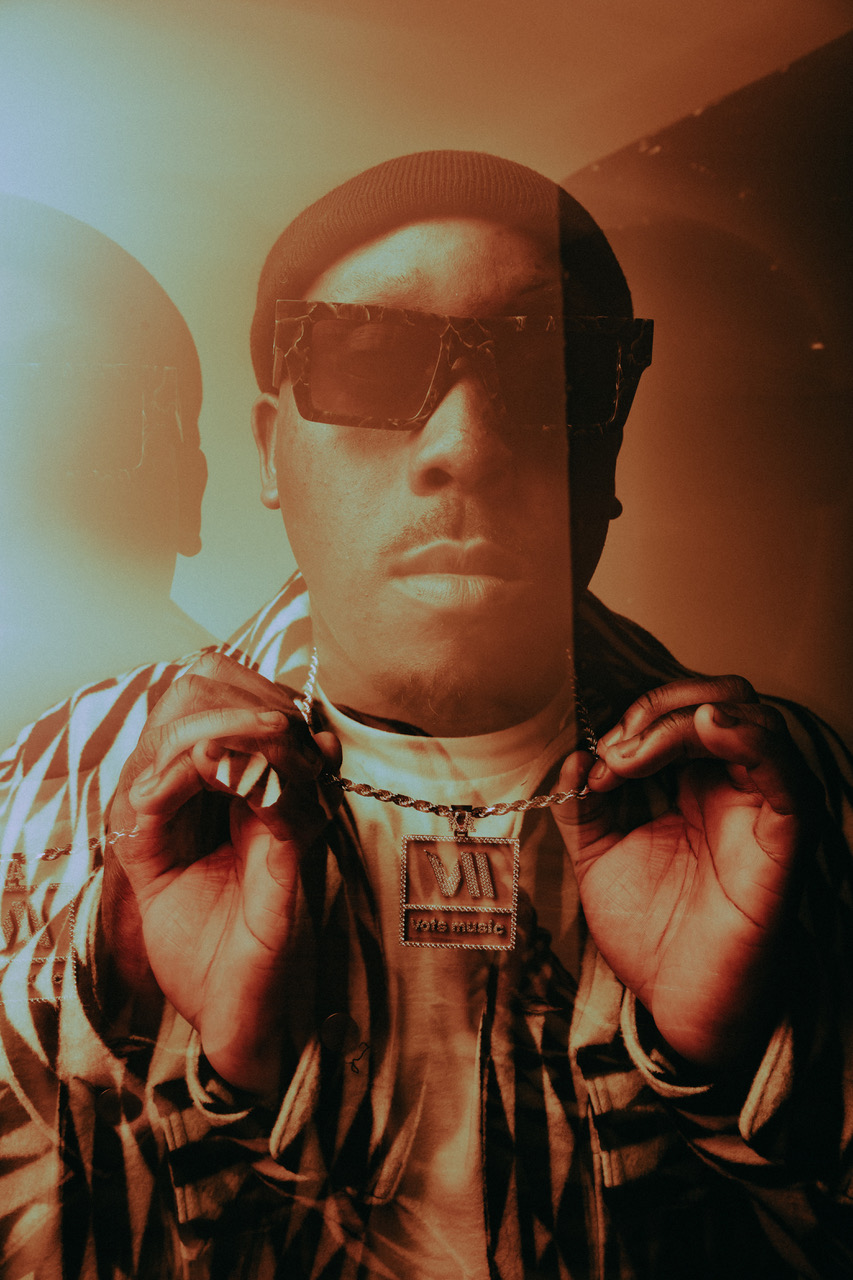




![ZINO VINCI’S ‘FILTHY & DISGUSTING’EP BRINGS YOU TO THE CORE OF THE ARTIST [@ZinoVinci]](https://guap.co/wp-content/uploads/2023/10/Zino-4.jpg)

